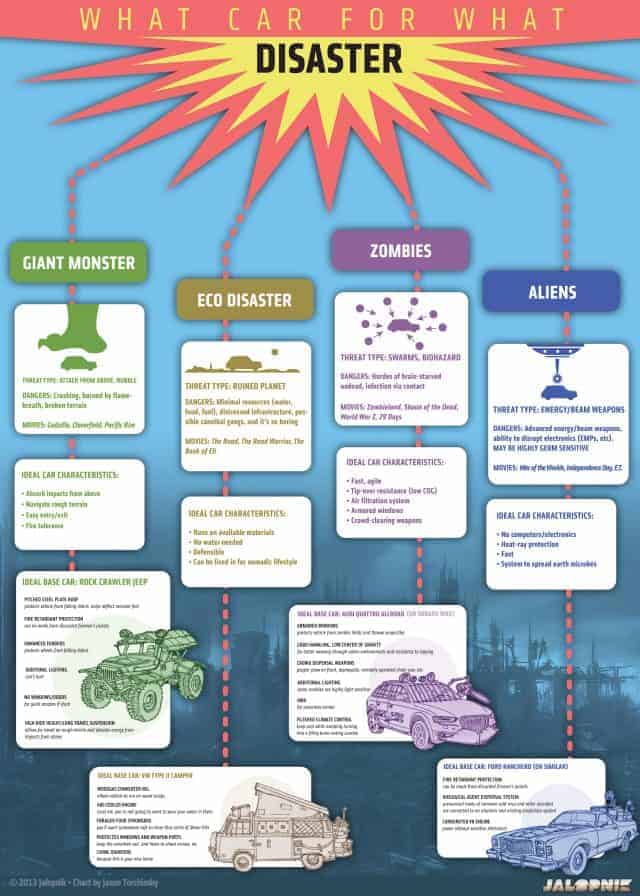The Future Of Home Home Heating - Exactly How Heatpump Modern Technology Is Developing
The Future Of Home Home Heating - Exactly How Heatpump Modern Technology Is Developing
Blog Article
Material Written By-Baker Stack
Heat pumps will be an essential technology for decarbonising heating. In a circumstance regular with governments' announced energy and climate commitments, their worldwide ability increases by 2030, while their share in home heating rises to one-quarter.
They function best in well-insulated homes and rely upon power, which can be provided from a sustainable power grid. Technical breakthroughs are making them more reliable, smarter and less expensive.
Gas Cells
Heat pumps make use of a compressor, refrigerant, coils and followers to relocate the air and warmth in homes and appliances. They can be powered by solar energy or electrical energy from the grid. They have been gaining appeal because of their inexpensive, quiet operation and the capability to create electricity throughout peak power need.
Some business, like IdaTech and BG MicroGen, are servicing gas cells for home heating. These microgenerators can change a gas central heating boiler and create a few of a residence's electrical demands with a connection to the electrical energy grid for the remainder.
Yet there are factors to be doubtful of using hydrogen for home heating, Rosenow says. It would certainly be costly and inefficient contrasted to various other innovations, and it would contribute to carbon discharges.
Smart and Connected Technologies
Smart home modern technology allows house owners to link and regulate their tools from another location with using mobile phone apps. For instance, smart thermostats can discover your home heating choices and immediately get used to enhance energy usage. Smart lights systems can be controlled with voice commands and instantly switch off lights when you leave the space, reducing energy waste. And smart plugs can monitor and handle your electrical use, allowing you to determine and limit energy-hungry home appliances.
all in one air conditioning unit -savvy home shown in Carina's interview is a great picture of just how owners reconfigure area heating methods in the light of new wise home technologies. They depend on the gadgets' automatic attributes to accomplish daily adjustments and regard them as a convenient methods of conducting their home heating techniques. Thus, they see no factor to adjust their techniques additionally in order to allow flexibility in their home energy demand, and interventions aiming at doing so might face resistance from these families.
Electrical energy
Because warming homes accounts for 13% of US exhausts, a switch to cleaner alternatives might make a big difference. But single room heat pump faces difficulties: It's costly and calls for considerable home renovations. And it's not constantly compatible with renewable resource resources, such as solar and wind.
Up until just recently, electrical heat pumps were too pricey to compete with gas designs in the majority of markets. However new innovations in design and materials are making them much more affordable. And better cold climate performance is enabling them to work well also in subzero temperature levels.
The following action in decarbonising heating might be making use of warmth networks, which attract heat from a main resource, such as a close-by river or sea inlet, and distribute it to a network of homes or structures. That would certainly reduce carbon exhausts and allow homes to make the most of renewable energy, such as environment-friendly electrical energy from a grid provided by renewables. This option would certainly be less expensive than switching to hydrogen, a fossil fuel that calls for new facilities and would just reduce carbon dioxide exhausts by 5 percent if coupled with improved home insulation.
Renewable Energy
As electricity rates drop, we're beginning to see the same trend in home heating that has actually driven electrical autos right into the mainstream-- yet at an also much faster pace. The strong environment situation for impressive homes has actually been pressed further by new research.
Renewables account for a significant share of modern heat usage, yet have actually been offered minimal plan interest globally contrasted to other end-use industries-- and also less interest than electrical power has. Partially, this mirrors a mix of customer inertia, divided rewards and, in numerous nations, subsidies for fossil fuels.
New technologies could make the shift less complicated. For example, heat pumps can be made more energy effective by changing old R-22 cooling agents with new ones that do not have the high GWPs of their precursors. Some specialists also picture district systems that attract warmth from a close-by river or sea inlet, like a Norwegian arm. The cozy water can after that be used for heating and cooling in a neighborhood.